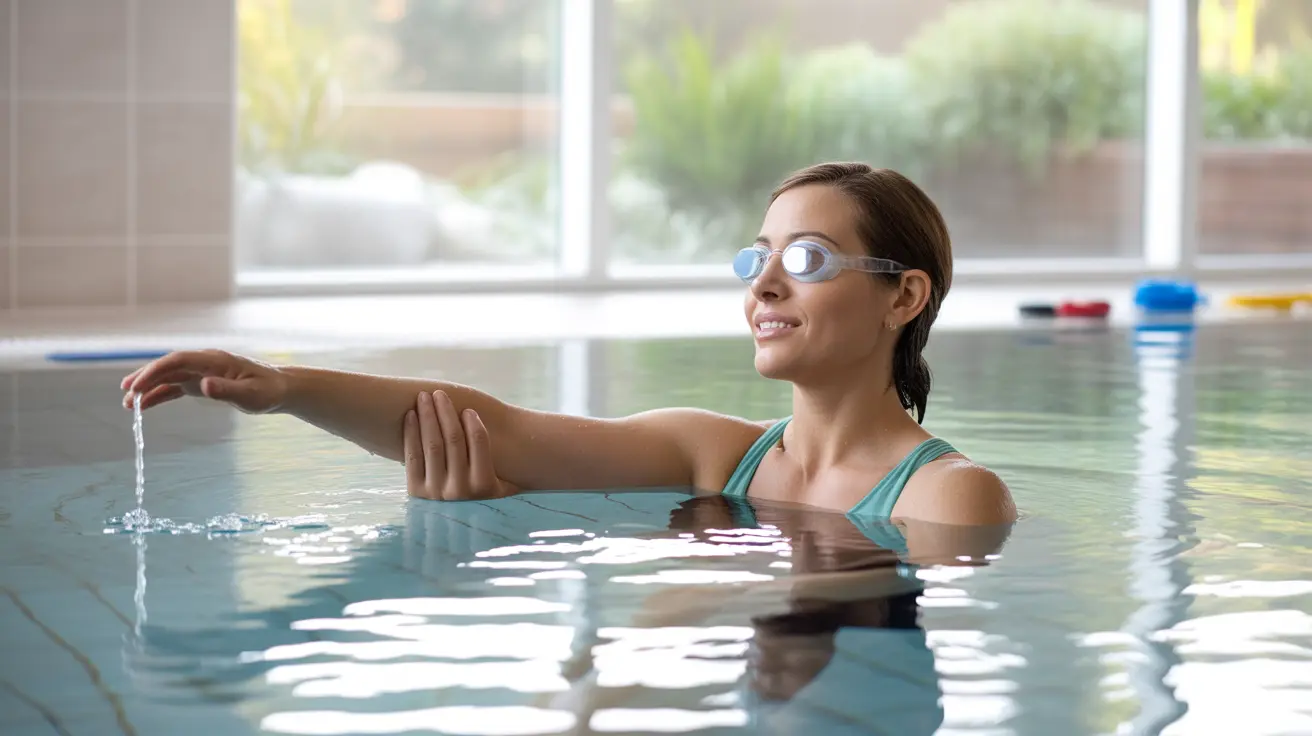For individuals living with multiple sclerosis (MS), finding effective ways to manage symptoms and maintain physical function is crucial. Hydrotherapy, also known as aquatic therapy, has emerged as a valuable treatment option that combines the therapeutic properties of water with targeted exercises to help manage MS symptoms and improve quality of life.
This comprehensive guide explores how hydrotherapy can benefit people with MS, important safety considerations, and what to expect from this form of therapy.
Understanding Hydrotherapy for MS
Hydrotherapy involves performing exercises and movements in a temperature-controlled pool under the guidance of a trained therapist. The unique properties of water, including buoyancy and resistance, create an ideal environment for MS patients to exercise safely and effectively.
Key Benefits of Hydrotherapy for MS Patients
Improved Mobility and Balance
The water's buoyancy supports body weight, making it easier for individuals with MS to perform movements that might be challenging on land. This supportive environment helps improve balance, coordination, and overall mobility while reducing the risk of falls.
Muscle Strength and Flexibility
Water resistance provides a gentle but effective way to build muscle strength. The natural resistance of water works in all directions, helping to strengthen muscles evenly while improving flexibility and range of motion.
Pain and Fatigue Management
The warm water typically used in hydrotherapy can help relax muscles and reduce pain. The buoyant environment also allows for longer exercise sessions with less fatigue compared to land-based exercises.
Temperature Considerations in Hydrotherapy
Water temperature plays a crucial role in the effectiveness and safety of hydrotherapy for MS patients. Most therapeutic pools are maintained between 83-88°F (28-31°C) to prevent overheating while providing comfort and therapeutic benefits.
Safety Guidelines for MS Hydrotherapy
Before Starting Therapy
Always consult with healthcare providers before beginning hydrotherapy. They can assess individual conditions and provide specific recommendations for safe participation.
During Sessions
- Work with a qualified aquatic therapist
- Stay hydrated
- Monitor energy levels
- Pay attention to water temperature
- Use appropriate safety equipment
Comparing Hydrotherapy to Land-Based Exercise
While both forms of exercise are beneficial, hydrotherapy offers unique advantages for MS patients. The water environment reduces the impact on joints and provides natural resistance without the need for equipment. This makes it particularly suitable for individuals who find traditional exercise challenging.
Frequently Asked Questions
What are the benefits of hydrotherapy for people living with multiple sclerosis?
Hydrotherapy offers numerous benefits for MS patients, including improved mobility, reduced muscle spasticity, better balance, increased strength, and decreased fatigue. The water environment allows for safer exercise with less strain on joints and muscles.
How does water temperature affect people with multiple sclerosis during hydrotherapy?
Water temperature significantly impacts MS patients during therapy. Moderate temperatures (83-88°F) are typically recommended to prevent overheating while providing therapeutic benefits. Cooler temperatures may be necessary for some individuals who are heat-sensitive.
Can hydrotherapy help reduce fatigue in MS patients, and if so, how long does it take to see results?
Yes, hydrotherapy can help reduce fatigue in MS patients. Many individuals report improvements in fatigue levels after 4-6 weeks of regular sessions. The buoyant environment allows for longer exercise duration with less energy expenditure.
What are some common safety considerations for MS patients participating in hydrotherapy?
Key safety considerations include proper water temperature, having qualified supervision, using appropriate safety equipment, staying hydrated, and monitoring energy levels. Patients should also obtain medical clearance before starting hydrotherapy.
How does hydrotherapy compare to land-based exercise in terms of safety and effectiveness for multiple sclerosis management?
Hydrotherapy often provides better safety and effectiveness for MS patients compared to land-based exercise. The water environment reduces fall risk, supports body weight, and allows for more movement freedom. This enables patients to perform exercises that might be difficult or impossible on land while achieving similar or better therapeutic benefits.




